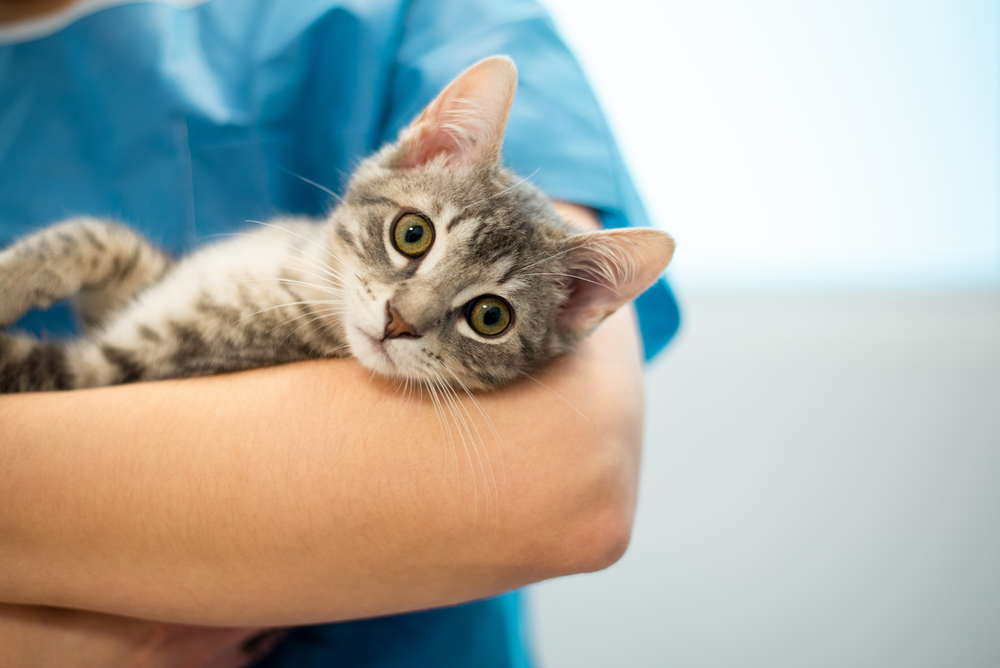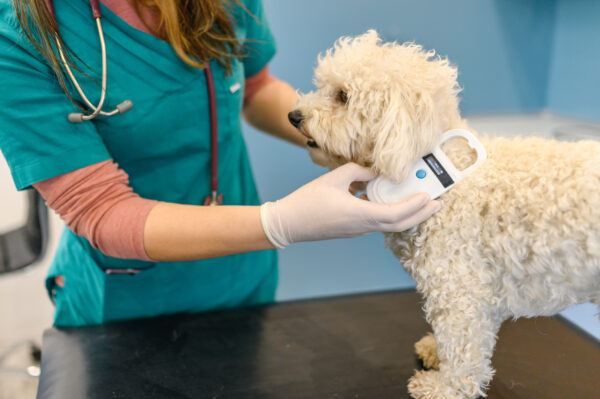From the 10th of June 2024, it will be a legal requirement for all cats in England to have a microchip. A law that will make it easier to find a lost cat and protect our feline friends from abandonment. This deadline is just around the corner, so let’s go over the details.
What is the new law?
The UK Government estimates that there are over 9 million pet cats in England, of which about 25% are not chipped. However, the new law says all cats must be microchipped before the age of 20 weeks. The only exception? Animals with very little human interaction such as farm, feral or community cats.
Owners found with an unchipped cat will have 21 days to get their cat microchipped. Otherwise, they could face a fine of up to £500.
Why should I microchip my cat?
Microchipping your cat ensures you can be contacted if they go missing and somebody finds them. As Chief Veterinary Officer Christine Middlemiss said, “Microchipping is by far the most effective and quickest way of identifying lost pets”. In fact, chipped pets are “more than twice as likely to be reunited with their owner”.
Microchipping cats is quick. The chip (the size of a grain of rice) is inserted under the skin of your cat’s neck using a syringe. A procedure that takes a few seconds and is virtually painless, as many cats don’t even notice.
Another advantage of microchipping your cat is they’ll be able to use microchip cat flaps and automatic feeders – which can be very useful for cats with outdoor access or on a special diet.
How can I book an appointment?
Ask your vet, animal rescue centre or groomer if they offer a microchipping service. You can also ask your local council. The cost of microchipping your pet ranges from £10 to £30, although some charities may be able to offer a lower fee or even microchip your pet for free.
Vets recommend getting your cat microchipped when they’re getting spayed or neutered, as both are routine procedures that can be done on the same day.
What happens next?
Once inserted, a microchip lasts a lifetime, will not cause your cat harm and will not need to be replaced. Following microchipping, you’ll receive your cat’s unique microchip number so you can register your details on a database.
Remember, keeping your details up to date is essential, so be sure to contact your microchipping company if you change your phone number, move home, or if your cat’s situation changes. For example, if they’ve gone missing, are being rehomed or have passed away.
Contact your microchipping company if your cat is lost or you suspect they’ve been stolen, as they will then make sure your details are up to date and flag your cat as missing. If someone finds your pet, you will be contacted immediately – the happy ending we wish for every lost cat and their human family.



